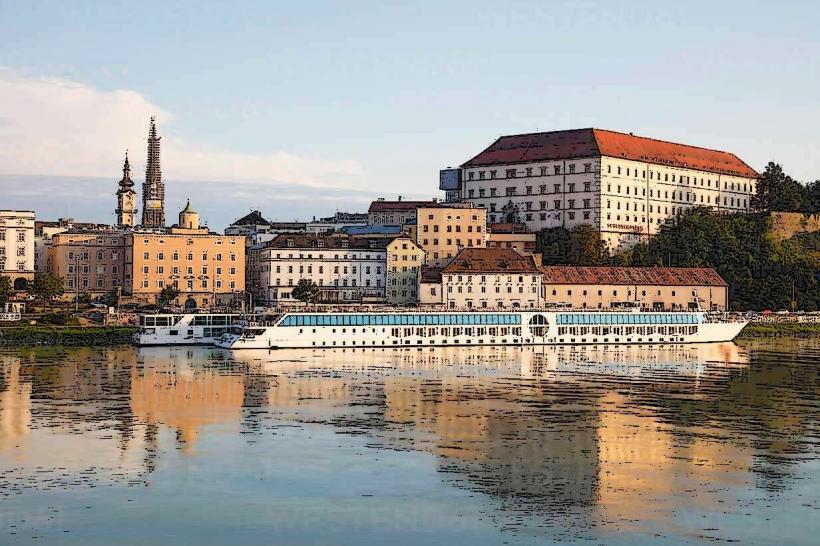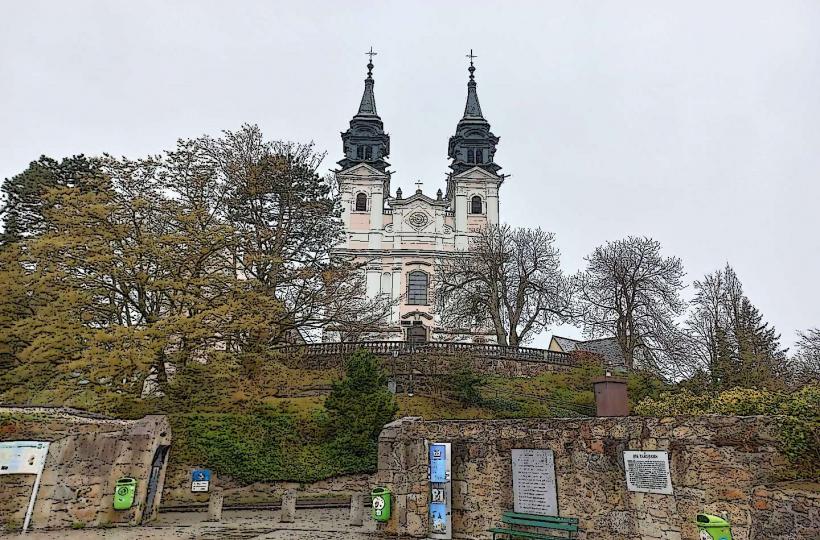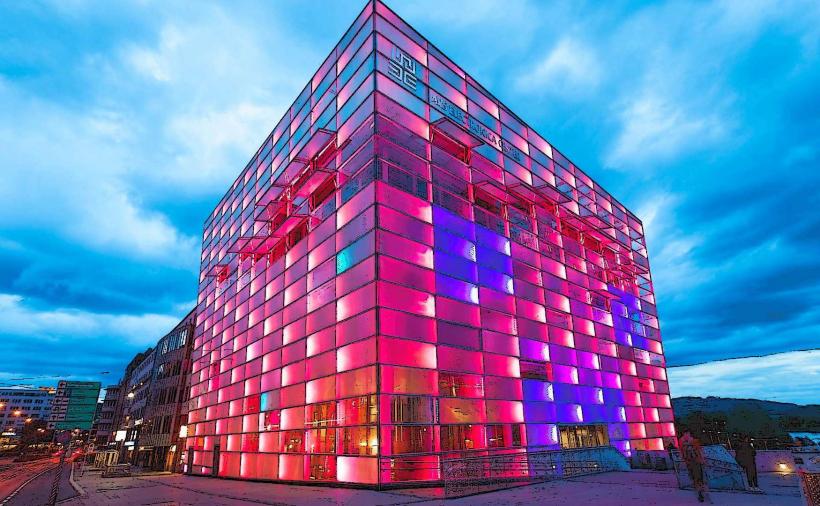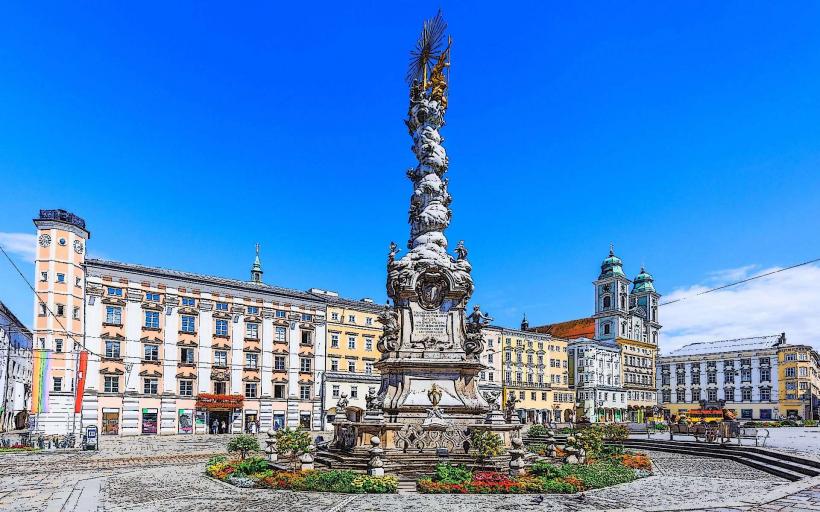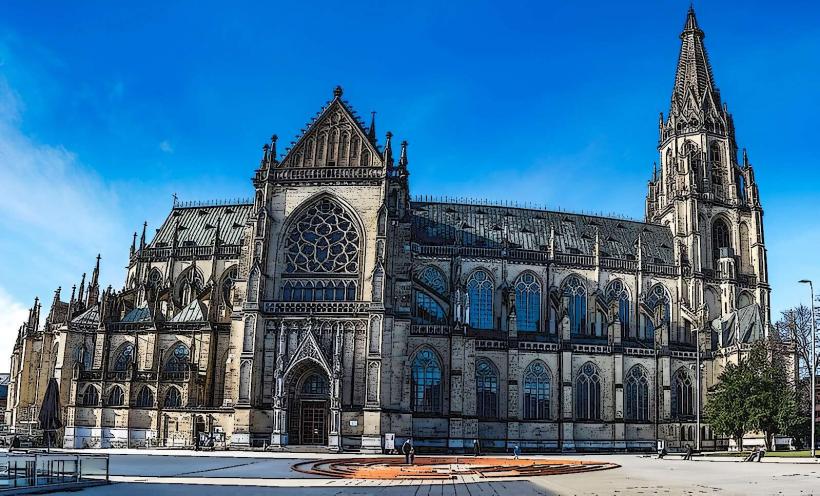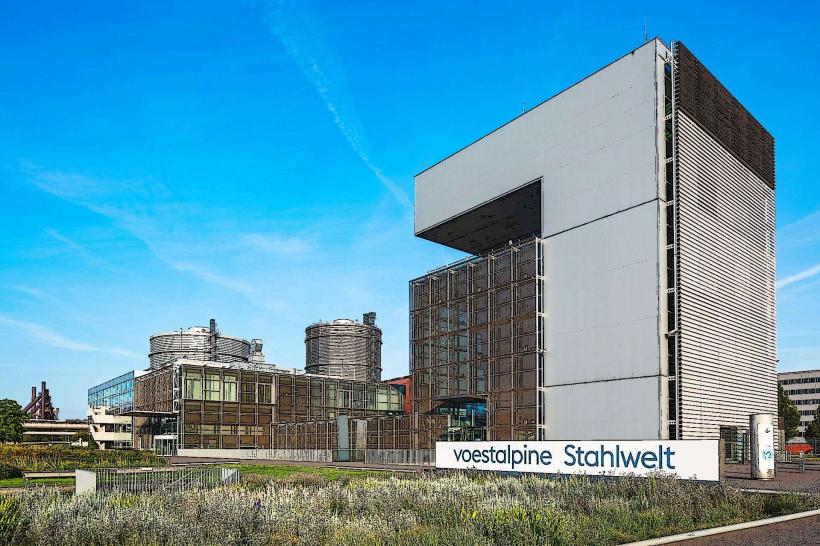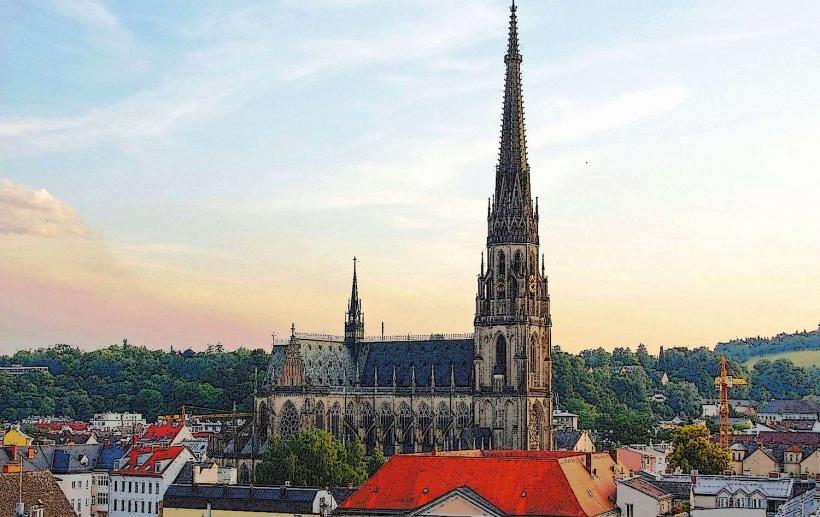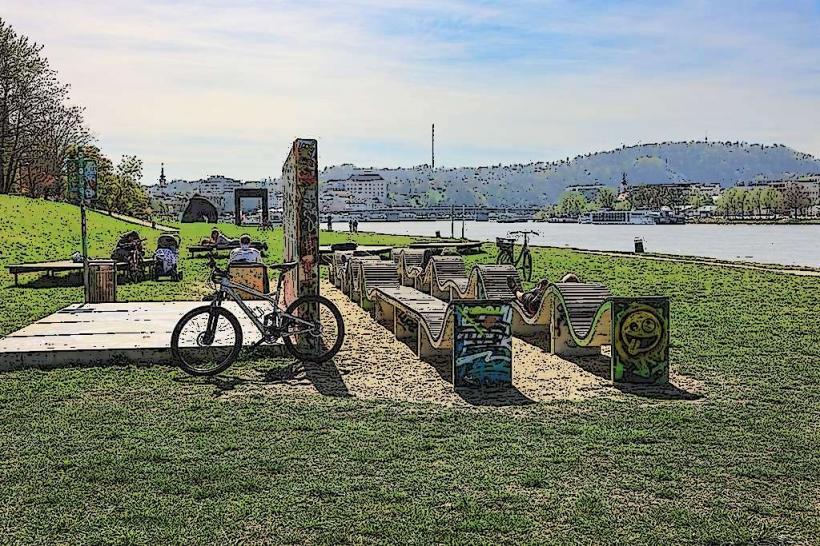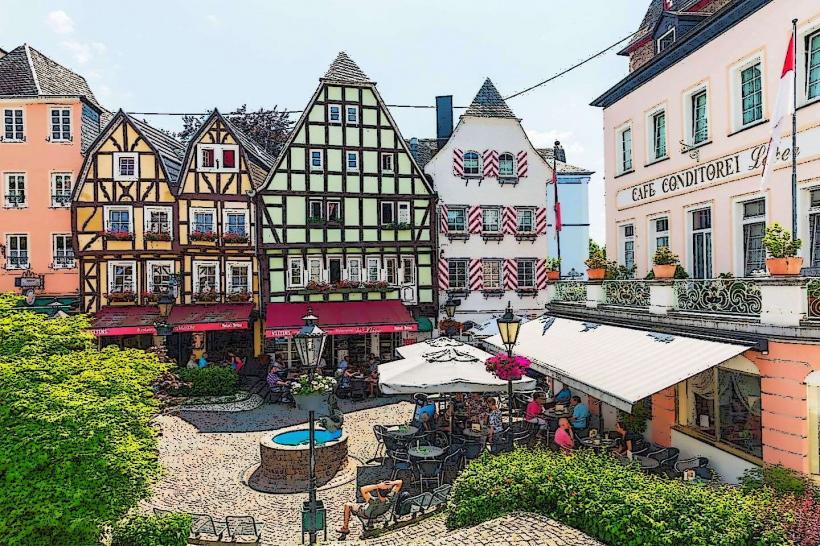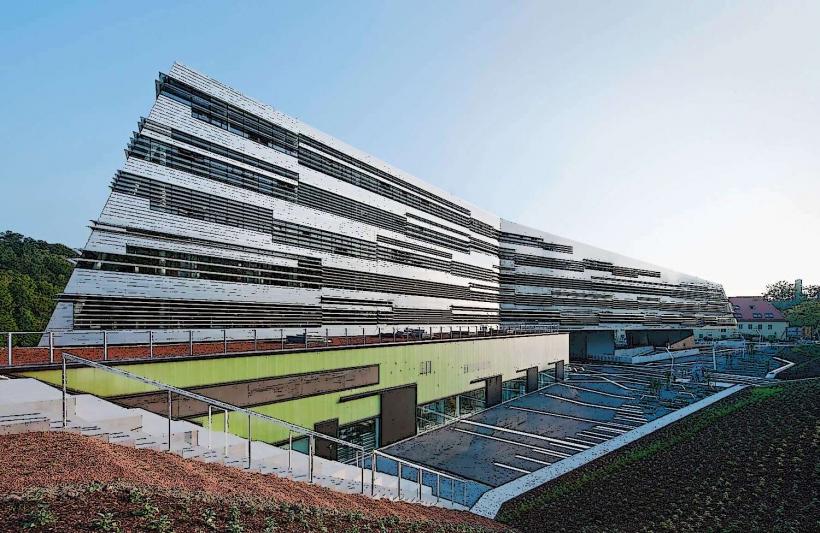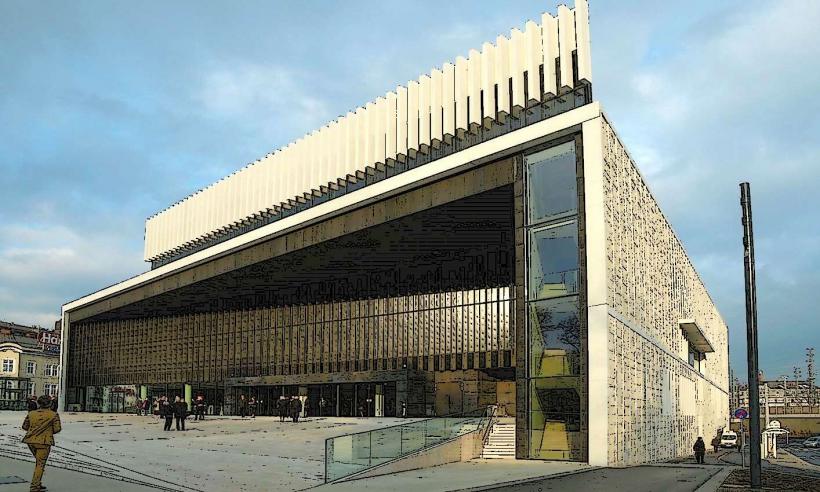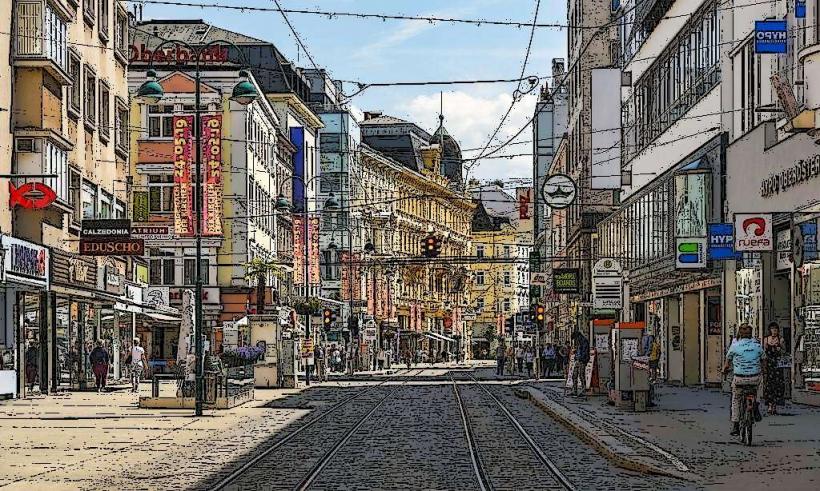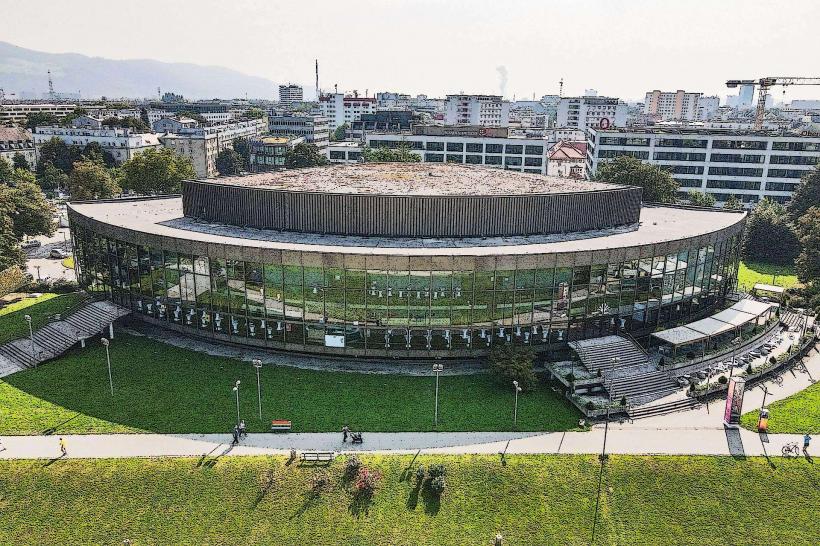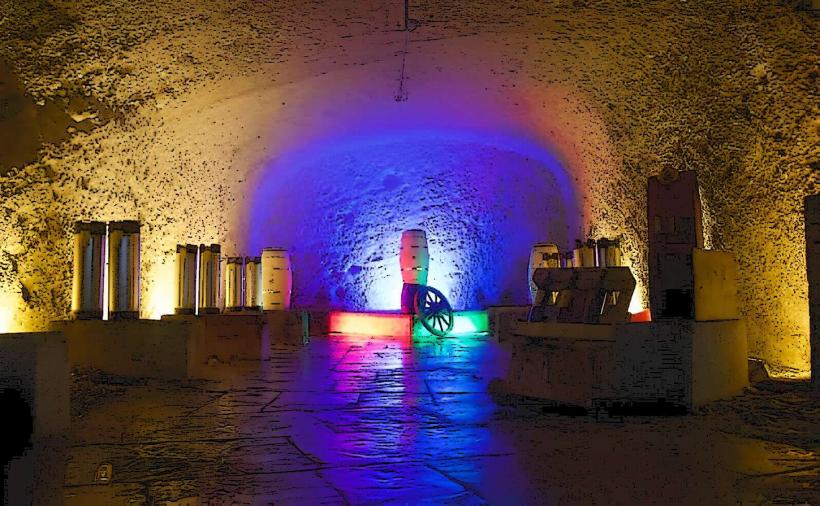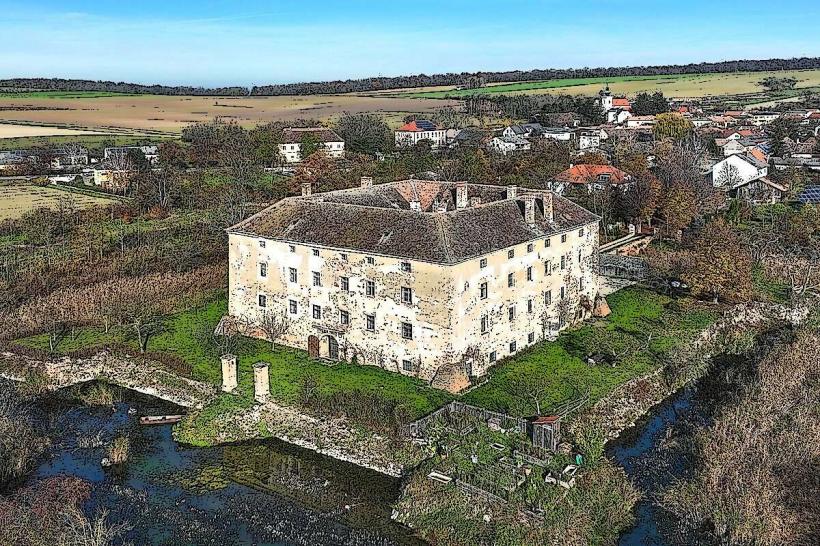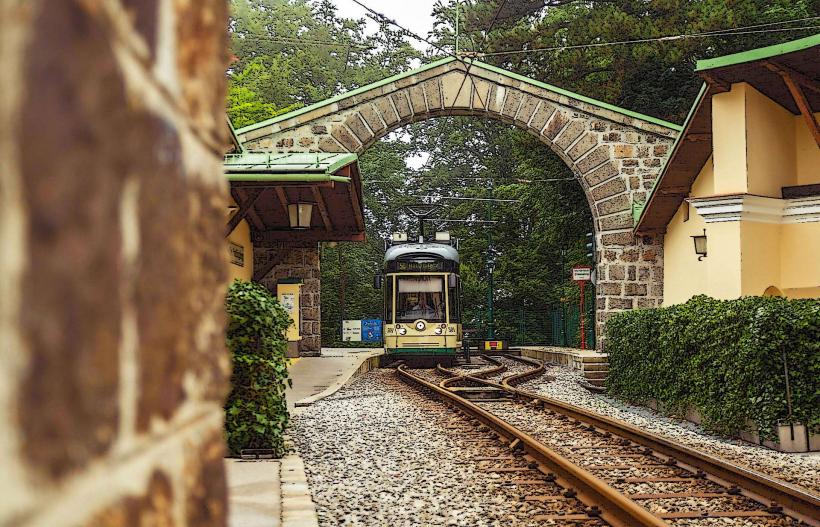Information
Landmark: Linz BridgeCity: Linz
Country: Austria
Continent: Europe
Linz Bridge, Linz, Austria, Europe
The Linz Bridge (also known as the Nibelungen Bridge) is a significant bridge spanning the Danube River in Linz, Austria. It connects the northern and southern parts of the city and serves as an important transportation link, as well as a historical and architectural landmark.
Overview of Linz Bridge
- Name: Nibelungen Bridge (Nibelungenbrücke)
- Location: The bridge spans the Danube River in Linz, linking the northern district of Urfahr with the southern part of the city, including the city center.
- Type: It is a road bridge that also accommodates pedestrian traffic and is used by both cars and cyclists.
- Opened: The current Nibelungen Bridge was opened in 1970, replacing earlier wooden bridges that had connected the two parts of the city since the 19th century.
Historical Context
- Early Bridges: The first bridge over the Danube in Linz was built in the early 19th century to provide a more permanent connection between the two sides of the river. The Nibelungen Bridge itself takes its name from the Nibelungen Saga, an epic Germanic tale that links to the city’s history and cultural heritage.
- World War II: During World War II, the original Nibelungen Bridge was destroyed, like many other bridges in Europe. After the war, a temporary bridge was erected until the current structure was built in the late 1960s.
Design and Features
- Construction: The Nibelungen Bridge is a steel bridge with a distinct suspension design. Its construction was modern for its time, incorporating advanced engineering techniques to support the heavy traffic of the growing city.
- Dimensions: The bridge spans over 350 meters in length, with a width that accommodates multiple lanes of traffic, as well as pedestrian walkways and bicycle paths on both sides.
- Aesthetic Elements: The bridge has a functional yet graceful design, with a clean, modern look that blends well with the surrounding landscape and the city skyline. At night, the bridge is often illuminated, offering a striking view along the Danube.
Functionality
- Transportation: The Nibelungen Bridge is a crucial part of the road network in Linz, facilitating daily commuter traffic between the districts of Urfahr and the city center. It is one of the busiest bridges in the city, handling both local traffic and through-traffic heading to and from other regions.
- Pedestrian and Cycling Access: In addition to vehicles, the bridge provides safe access for pedestrians and cyclists, making it an important route for those traveling on foot or by bike along the Danube’s banks.
Cultural and Scenic Importance
Views of the Danube: The Nibelungen Bridge offers stunning views of the Danube River, with the southern part of Linz’s Old Town on one side and the northern district of Urfahr on the other. The bridge is a scenic route for both daily commuters and tourists, offering a panoramic vista of the river and the surrounding city.
Part of Linz’s Skyline: The bridge is an iconic part of the Linz skyline, visible from various points throughout the city. It is often featured in photographs, particularly with the cityscape and river as the backdrop.
Importance to Linz
- Connectivity: The Nibelungen Bridge plays a critical role in connecting the historical center of Linz with the Urfahr district and other areas north of the Danube, making it an essential part of daily life for thousands of residents, workers, and tourists.
- Landmark: Beyond its utility, the bridge is considered an important architectural landmark in Linz, representing the city's modern development in the mid-20th century. Its name, inspired by the Nibelungen legend, ties it to Austria’s rich cultural and mythological heritage.
- Tourism: For tourists visiting Linz, the Nibelungen Bridge provides a wonderful starting point for exploring the city's waterfront, nearby parks, and attractions, such as the Pöstlingberg mountain and the Linz Zoo.
Conclusion
The Nibelungen Bridge is not only an important piece of infrastructure in Linz but also a cultural and scenic icon. Whether as a commuter route, a historical symbol, or a picturesque location for sightseeing, it plays a vital role in the life of the city. It offers both functionality and beauty, connecting people and places across the majestic Danube River.

